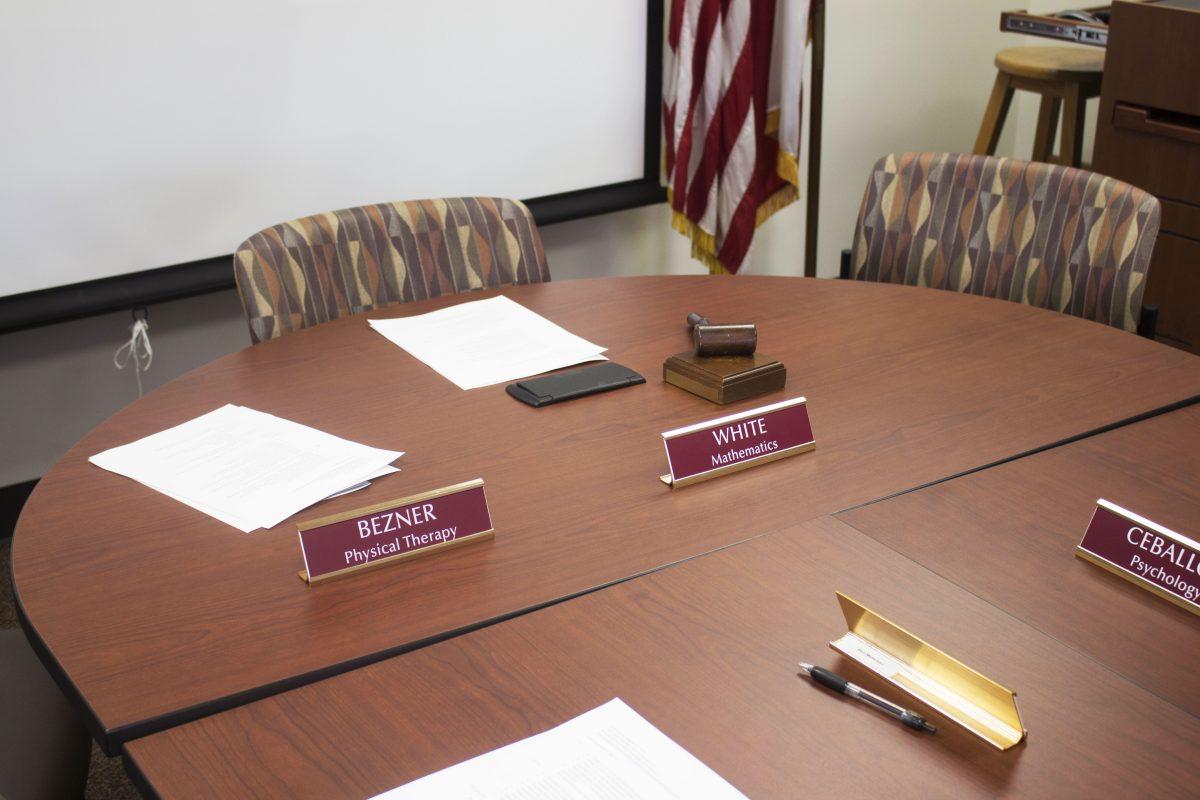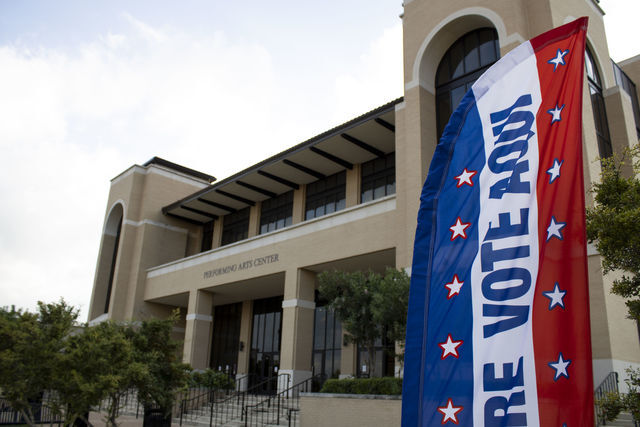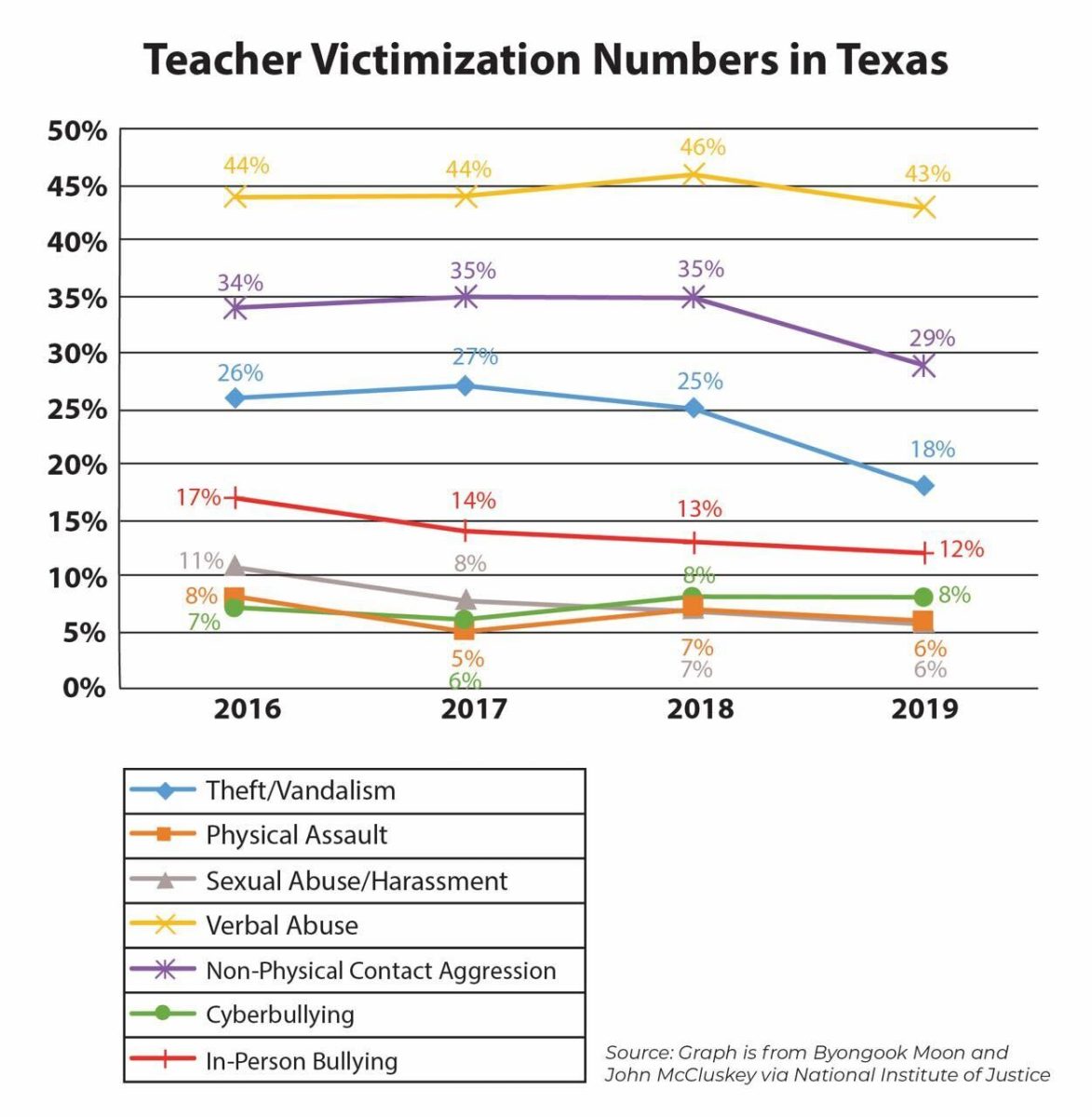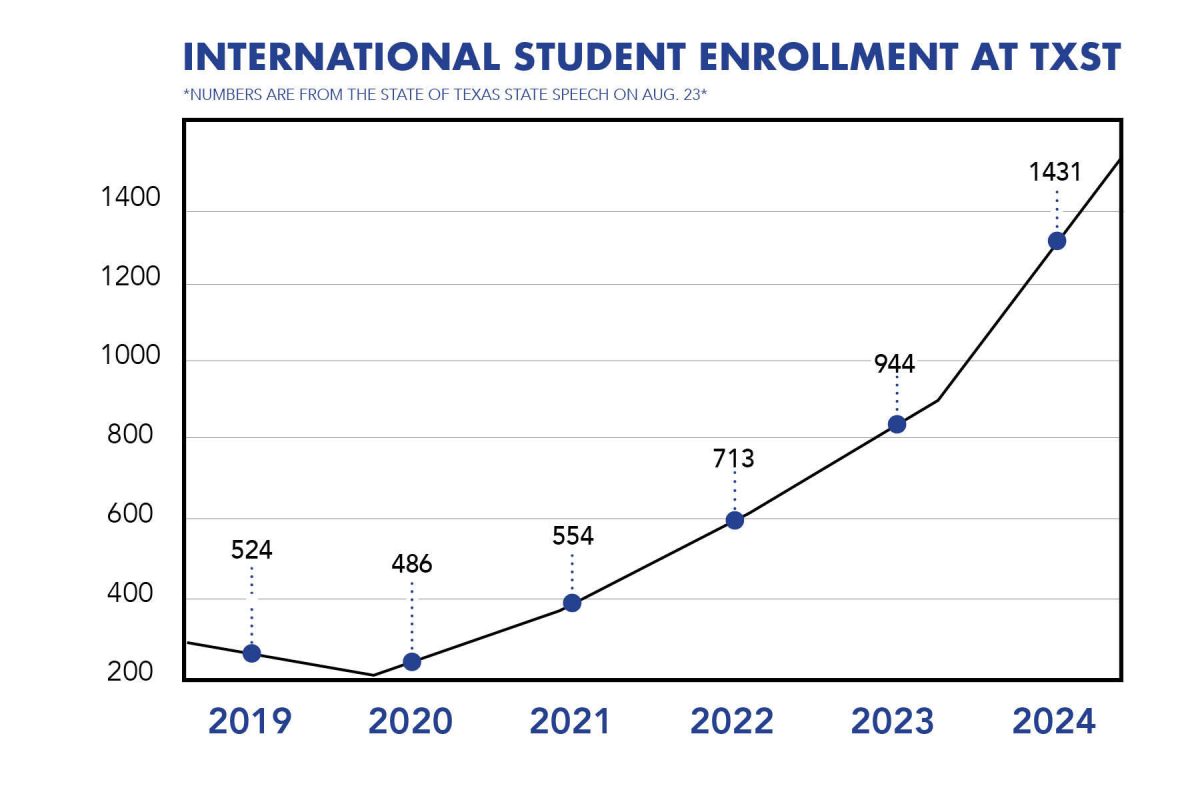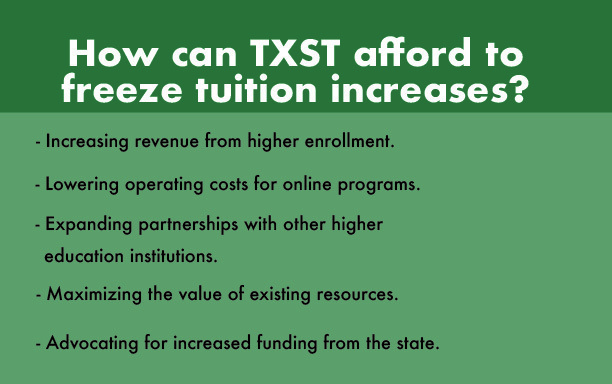Faculty Senate met Oct. 25 to discuss reports from the Academic Freedom Committee, president academic advisory group agenda items, and the Academic Affairs Budget Committee.
Vince Luizzi, senator for the college of philosophy and chair of the Academic Freedom Committee, informed the senate of three things that were on the committee’s agenda.
The Academic Freedom Committee is considering to improve its statement of purpose for what academic freedom is at this university. The committee sees itself as an entity that holds meetings and conducts investigations, especially regarding violations of academic freedom.
First, the committee wants to hear from faculty about academic freedom violations. There is a direct link to contact the Academic Freedom Committee arranged within the faculty senate’s website. Complainants have the option to remain anonymous.
The second point brought up by Luizzi was the permit denial for providing The New York Times as a resource on campus.
There was broad support for the proposal, every aspect of the academic sector- from the provost to the library representative showed approval. However, the decision was that it would not be funded by the I.T. division because The New York Times is a resource that can be accessed through other databases.
“It is suppression of interest in securing a resource,” Luizzi said.
Many senate members suggested that this could merely be a budgetary issue. Alexander White, chairman of the Faculty Senate, noted the cuts of funding from the state.
“You have to think about the fact that there is not a lot of budget for doing things, the timing is unfortunate,” White said.
There was a motion set forth to investigate the matter further by bringing vice president of the I.T. department to the senate. The vote to bring this issue up to president academic advisory group was approved by eight senate members, with four choosing to abstain.
The third point brought forward from the Academic Freedom Committee was addressing cyberbullying. Members were questioning whether or not Texas State should develop a policy similar to other universities have regarding cyberbullying. The current policy set in place is brief and inexplicit.
“I see this as an early stage thing and it makes sense for the Academic Freedom Committee to create a plan and then bring it to the senate,” White said.
The next update for the Strategic Plan for Research is due in April 2019. However, the provost aims to complete this earlier. The senate could “take it as an opportunity to put in new numbers such as restricted funds that have been growing for the university,” White said.
A suggestion was made for the university to consider setting a goal of becoming a 100 percent renewable university. Currently, no renewable energy resources are set in place on campus. Faculty members brought up that by switching the source of that energy, the university could save money and maintain a better image.
The senate recommended that there be edits made to the emails sent out from the president of the university regarding expressions of white supremacy seen on campus.
Faculty Senate aims to make these responses more positive and supportive of the university’s mission for diversity. Additionally, faculty wants to know if the university is really trying to find these people or if their actions have been validated by their right to freedom of expression.
The senate approved to discuss the university logo, The New York Times, renewable energy and editing emails sent regarding white supremacy with the president academic advisory group.
Categories:
Faculty Senate discussed academic freedom, PAAG Agenda and budgets
October 26, 2017
0
Donate to The University Star
Your donation will support the student journalists of Texas State University. Your contribution will allow us to purchase equipment and cover our annual website hosting costs.
More to Discover


